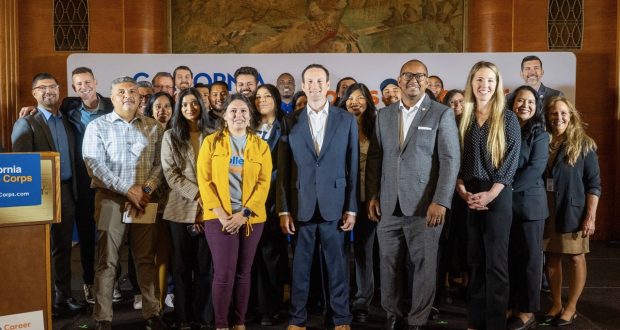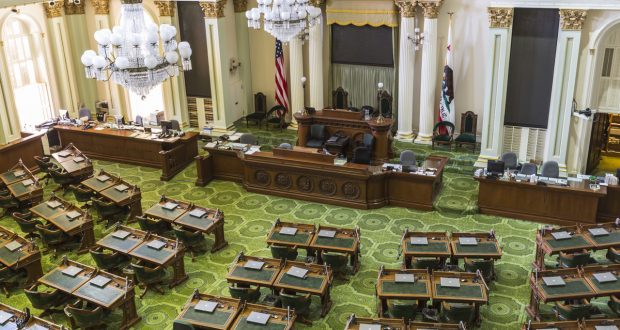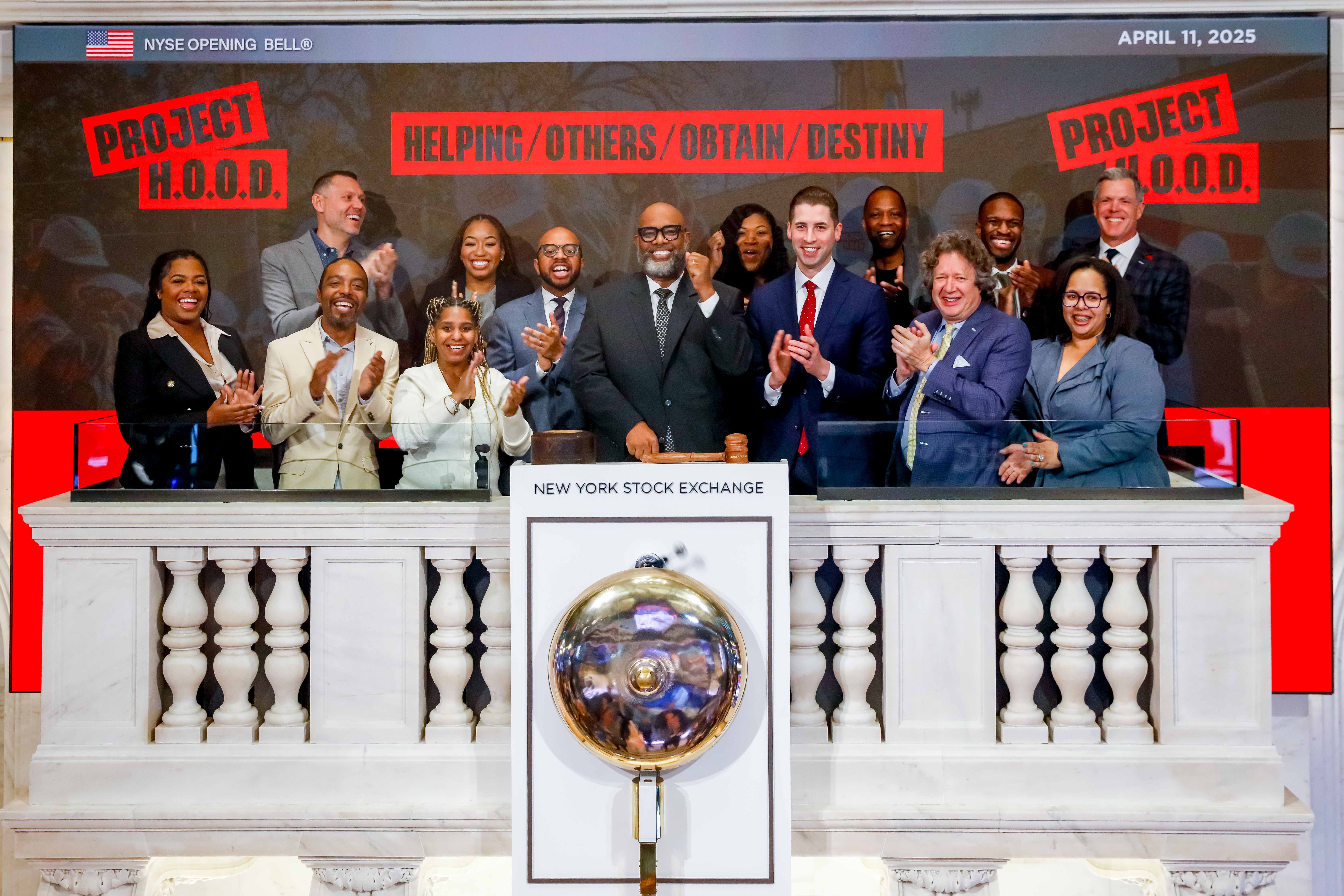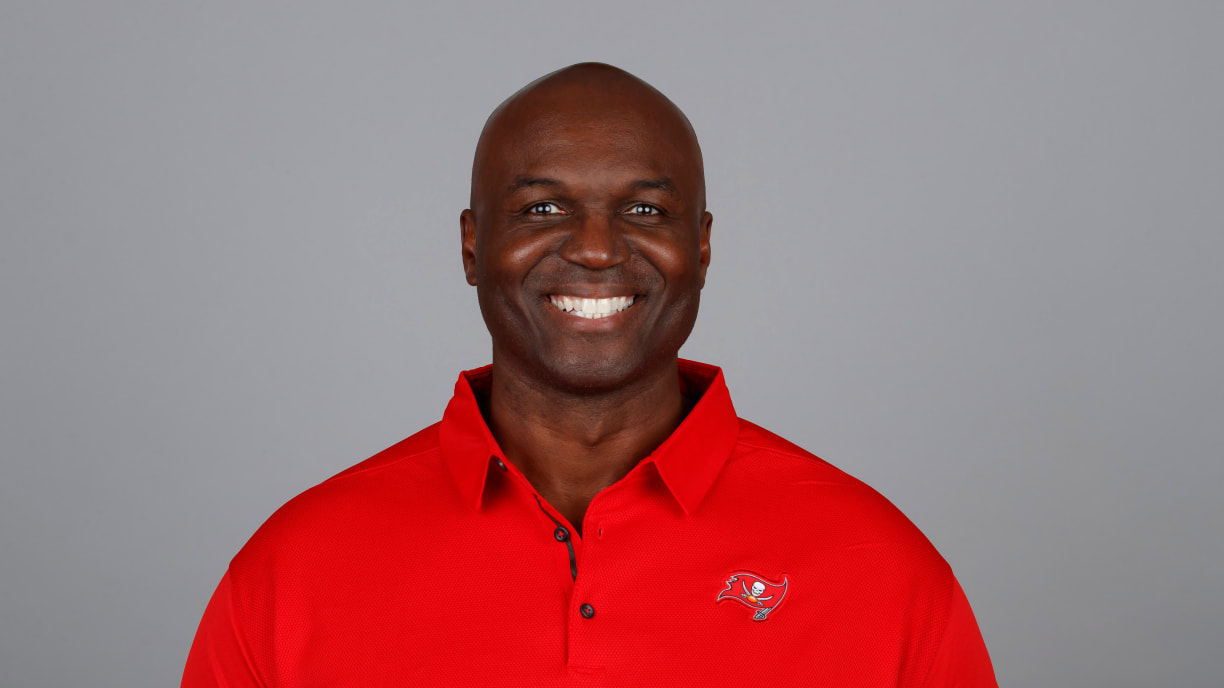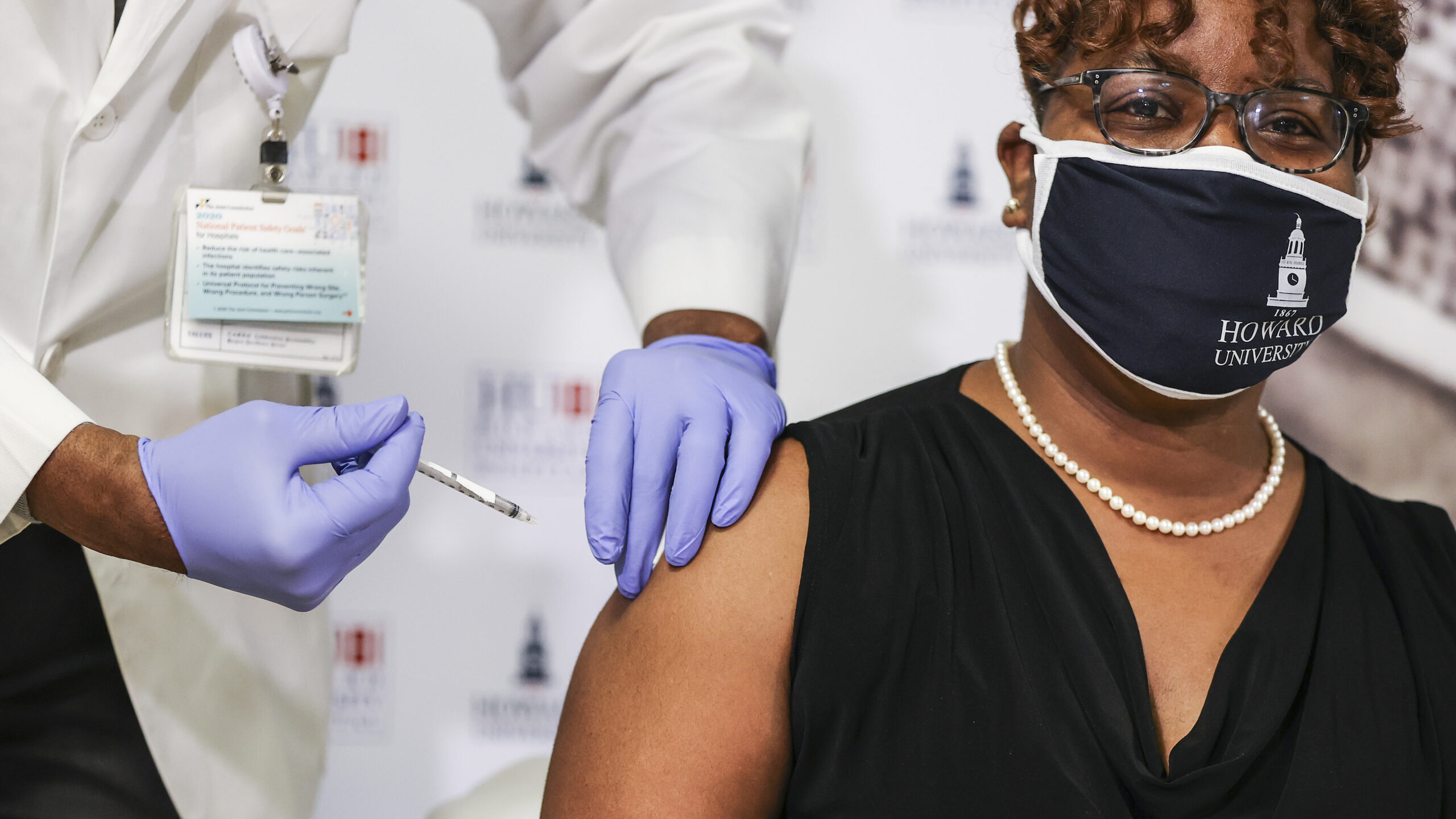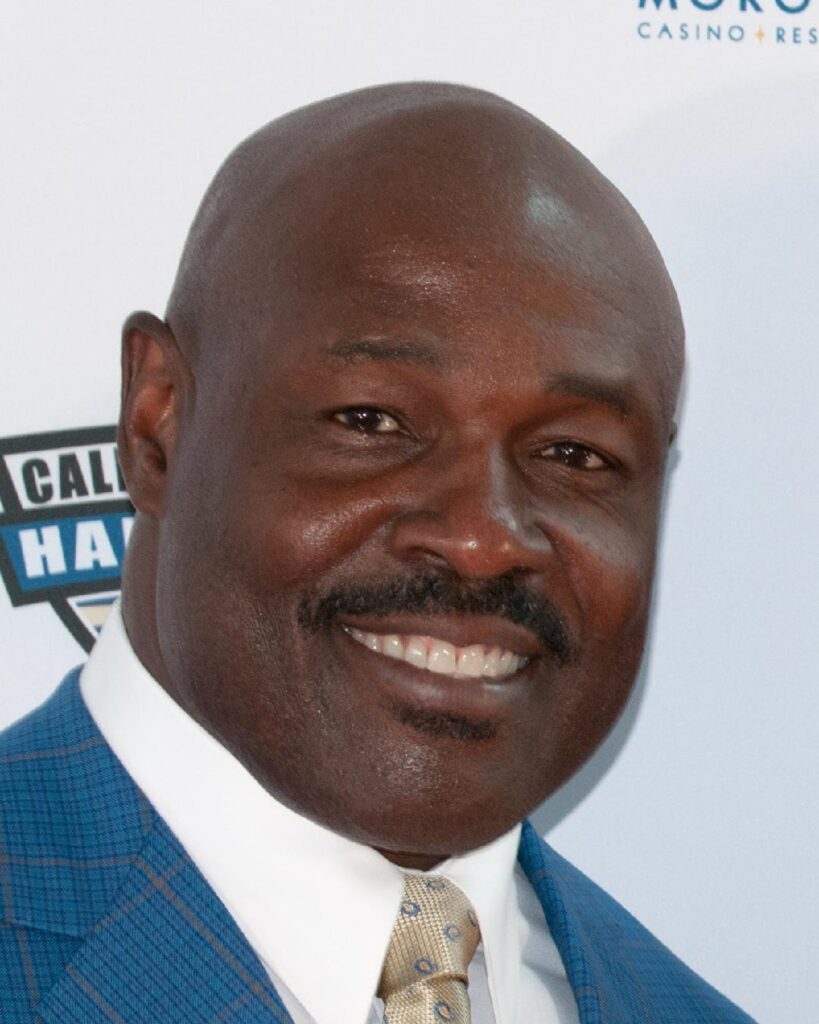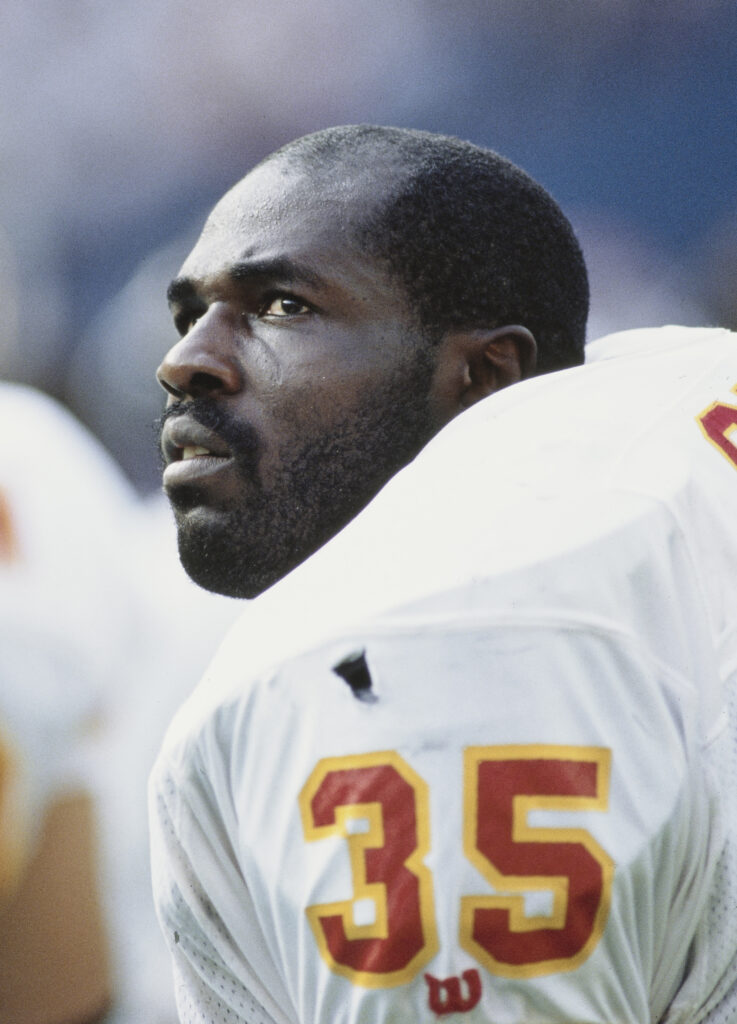In celebration of Black History Month, TidalWave Comics is proud to announce three new graphic novel collections featuring Black politicians, musicians, and athletes at the top of their fields.
Every February for the last twelve years of producing biography comic books, we celebrate Black History Month to show our respect for the Black community’s work and sacrifices. No stranger to honoring those who shape our politics and culture, TidalWave has profiled politicians, musicians, actors, and others for more than eleven years using graphic narrative’s unique storytelling properties.
The merging of compelling text with eye-popping art appeals to people of all ages, something that’s important to publisher Darren G. Davis.
“I was a reluctant reader as a kid,” said Davis. “But comic books drew me in. There’s something magical about the combination of words and pictures working together that appealed to me.”
That appeal is something adults, and kids enjoy. “Comics like this are collectible memorabilia,” said Davis, “but we also want them to be a great read about the people who are shaping our country’s politics and culture.”
The graphic novel collections explore the lives of real people who achieved fame and are considered at the top of their chosen fields.
The first collection, out on February 10, “Black History Leaders: Volume 2: Nelson Mandela, Michelle Obama, Kamala Harris, and Tyler Perry,” is a study in active, social leadership. Also available is “Black History Leaders: Volume 1 ” featuring: Oprah, Barak Obama, Colin Powell and Condoleezza Rice.
“What I love about working with TidalWave is that we focus on the real lives of our subjects. We don’t get mired down in conjecture. We strive for unbiased storytelling. Don’t think of this as a political book. Think of it as a profile of people who are influential in our political system.” Said writer Michael Frizell, whose work is featured in the section on Vice President Kamala Harris.
Chosen for their undeniable influence on the music scene, the second collection, “Black History Leaders: Music: Beyonce, Drake, Nikki Minaj, and Prince,” looks at leadership’s creative side. This collection is set for release on February 17.
“As a kid, I couldn’t get enough of Prince’s music,” said writer Frizell. “Sure, Michael Jackson sold more copies during that time, but Prince changed the way we listen to music. His combination of funk and rock was infectious. It was his innuendo-laden lyrics that got me in trouble with my parents as a kid.”
And finally, on February 24, “Black History Leaders: Athletes: LeBron James, Jackie Robinson, Russell Wilson, and Tiger Woods” explores the lives of people who pushed themselves to their physical limits and led their respective sports to fame. The cover was drawn by famed comic book artist Joe Phillips.
Upcoming comic book biography titles in 2021 featuring other African Americans include Stacey Abrams, Angela Davis, Amanda Gorman and a tribute to Herman Cain.
The biography comic format allows TidalWave writers to delve into newsworthy figures’ history and explore what shaped them. Several media outlets, including CNN, FOX News, “The Today Show,” and Time and People magazines, have featured the company’s line of biographical comic books.
The “Female Force: Oprah Winfrey” comic book is displayed in the Smithsonian Museum. Our titles also can be seen as part of the “Black History 101: Mobile Museum”.
Print copies of the comics are available on Amazon. Digital versions are available from iTunes, Kindle, Nook, ComiXology, Kobo, and wherever e-books are sold.
The latest biography graphic novels join TidalWave’s ever-growing library of more than 200 comic book biographies. Previous titles have profiled Barack Obama, Selena Gomez, Condoleezza Rice, George Bush, Cher, Marco Rubio, and Elizabeth Warren.
Please feel free to use the cover images and credit TidalWave Productions. To download the covers, click here: http://bit.ly/3taevnI
Review copies in PDF form and interview opportunities are available upon request.
For more information about the company, visit www.tidalwavecomics.com
SOLICITATIONS
Black History Leaders: Volume 2: Nelson Mandela, Michelle Obama, Kamala Harris, and Tyler Perry
Writers: Robert Schnakenberg, Clay Griffith, Michael L. Frizell, C.R. Ward
Artists: Azim Akberali, Patricio Carbajal, Pablo Martinena, Juan Burgos, Steven Wilcox
Release Date: 2/10/2021
Print Price – $19.99
Digital Price: $11.99
ISBN: 9781954044425
The impact of the leadership demonstrated by Kamala Harris, Tyler Perry, Nelson Mandela, and Michelle Obama cannot be overstated.
As the first woman to hold the office of Vice President of the United States, Kamala Devi Harris, lawyer, prosecutor, and former attorney general, has devoted herself to bettering her constituents’ lives while focusing on social issues that help minorities women.
Tyler Perry is known for wearing many different hats and wigs, such as actor, director, screenwriter, playwright, producer, author, and now comic book character. His inspiring life story has had dramatic highs and lows that have launched him to superstardom.
Nelson Mandela of South Africa is one of the most important figures of the last century. He symbolizes the struggle against racial and political oppression and serves as a model for sustaining that struggle with grace and decency.
From humble beginnings in Chicago, Michelle Obama rose to become an outspoken advocate, trailblazing First Lady, and international style icon.
Their stories inspire generations and shape our culture. Celebrate Black History Month by exploring the lives of those who made history.
Black History Leaders: Music: Beyonce, Drake, Nikki Minaj, and Prince
Writers: Michael L. Frizell, C.W. Cooke, Marc Shapiro, Michael Troy
Artists: Marcelo Salaza, Angel Bernuy, Keith Quinn
Release Date: 2/17/2021
Print Price – $19.99
Digital Price: $11.99
ISBN: 9781954044449
Drake, Nicki Minaj, Prince, and Beyoncé changed what music means.
He made a name for himself as an actor, portraying wheelchair-bound Jimmy Brooks Degrassi: The Next Generation, but when Aubrey Graham went by his middle name, Drake, he rocketed to stardom with a sound unlike any before him.
From her humble beginnings in Jamaica to her childhood in Queens, New York, to her spotlight alongside high-profile personalities on the American Idol judge’s panel, hip hop star Nicki Minaj came to conquer the music scene. She succeeded.
So much has been left unsaid about the passing of legendary music innovator Prince Rogers Nelson. Prince, a prolific musician from Minneapolis, started a musical revolution with the hits “1999,” “Little Red Corvette,” “When Doves Cry,” “Purple Rain,” “Batdance,” and more, challenging even the “King of Pop,” Michael Jackson, for chart supremacy during the 1980s.
She might not be a superhero, but judging by all the things she’s done, you’d be hard-pressed not to think she is. She’s amazing, fierce, and always striving to be the best. All the single ladies know that Beyoncé is one of the world’s hottest musicians, if not the hottest.
Explore the lives of those who made us stand up and take notice during Black History Month.
Black History Leaders: Athletes: LeBron James, Jackie Robinson, Russell Wilson, and Tiger Woods
Writers: C.W. Cooke, Scott Davis, Michael L. Frizell, Robert Schnakenberg
Artists: Marcelo Salaza, Angel Bernuy, Keith Quinn
Release Date: 2/24/2021
Print Price – $19.99
Digital Price: $11.99
ISBN: 9781954044432
Jackie Robinson, Lebron James, Tiger Woods, Russell Wilson have all held the title of “greatest player of all-time” in their respective sports. How did they get there? And what influence have they had on our culture?
The first African-American to play major league baseball, Jackie Robinson broke baseball’s color line and played a role in the Civil Rights Movement.
Now the holder of three NBA championships, four MVP awards, two Olympic gold medals, and much more, LeBron James’ fame has afforded him the ability to use his numerous endorsements to start companies, participate in social activism, and donate to worthwhile causes.
By far, Tiger Woods is the most famous golfer of all time who’s TGR Foundation delivers unique and empowering educational opportunities that lead to personal and professional excellence.
Expectations and the pressure following them could break lesser men. Fortunately for Seattle Seahawks fans, Russell Wilson manages to withstand success and defeat with grace and aplomb.
Read their exciting stories in Celebration of Black History Month!
About TidalWave Comics
TidalWave is a multifaceted multimedia production company with the mission of delivering dynamic storytelling in various forms by developing graphic and literary fiction and nonfiction, audio, film, and more. The company’s wide range of diverse titles delights readers through its creative and innovative storytelling in high-quality print and electronic formats.
TidalWave delivers a multimedia experience unparalleled in the burgeoning graphic fiction and nonfiction marketplace. Dynamic storytelling, coupled with groundbreaking art, provides an experience like no other. Stories are told through multiple platforms and genres, gracing the pages of graphic novels, novelizations, engaging audio dramas, and cutting-edge film projects. Diversity defines TidalWave’s offerings in the burgeoning pop-culture marketplace through its use of fresh voices and innovative storytellers.
As one of the top independent publishers of comic books and graphic novels, TidalWave unites cutting-edge art and engaging stories produced by the publishing industry’s most exciting artists and writers. Its extensive catalog of comic book titles includes the bestsellers “10th Muse” and “The Legend of Isis,” complemented by a line of young adult books and audiobooks.
TidalWave’s publishing partnerships include entertainment icon William Shatner (“TekWar Chronicles”), legendary filmmaker Ray Harryhausen (“Wrath of the Titans,” “Sinbad: Rogue of Mars,” “Jason and the Argonauts” and more), novelists S.E. Hinton (“The Puppy Sister”) and William F. Nolan (“Logan’s Run”), and celebrated actors Vincent Price (“Vincent Price Presents”), Dirk Benedict of the original “Battlestar Galactica” (“Dirk Benedict in the 25th Century”) and Adam West of 1966’s “Batman” fame (“The Mis-Adventures of Adam West”). TidalWave also publishes a highly successful line of biographical comics under the titles “Orbit,” “Fame,” “Beyond,” “Tribute,” “Female Force,” and “Political Power.”


 Westside Story Newspaper – Online The News of The Empire – Sharing the Quest for Excellence
Westside Story Newspaper – Online The News of The Empire – Sharing the Quest for Excellence

